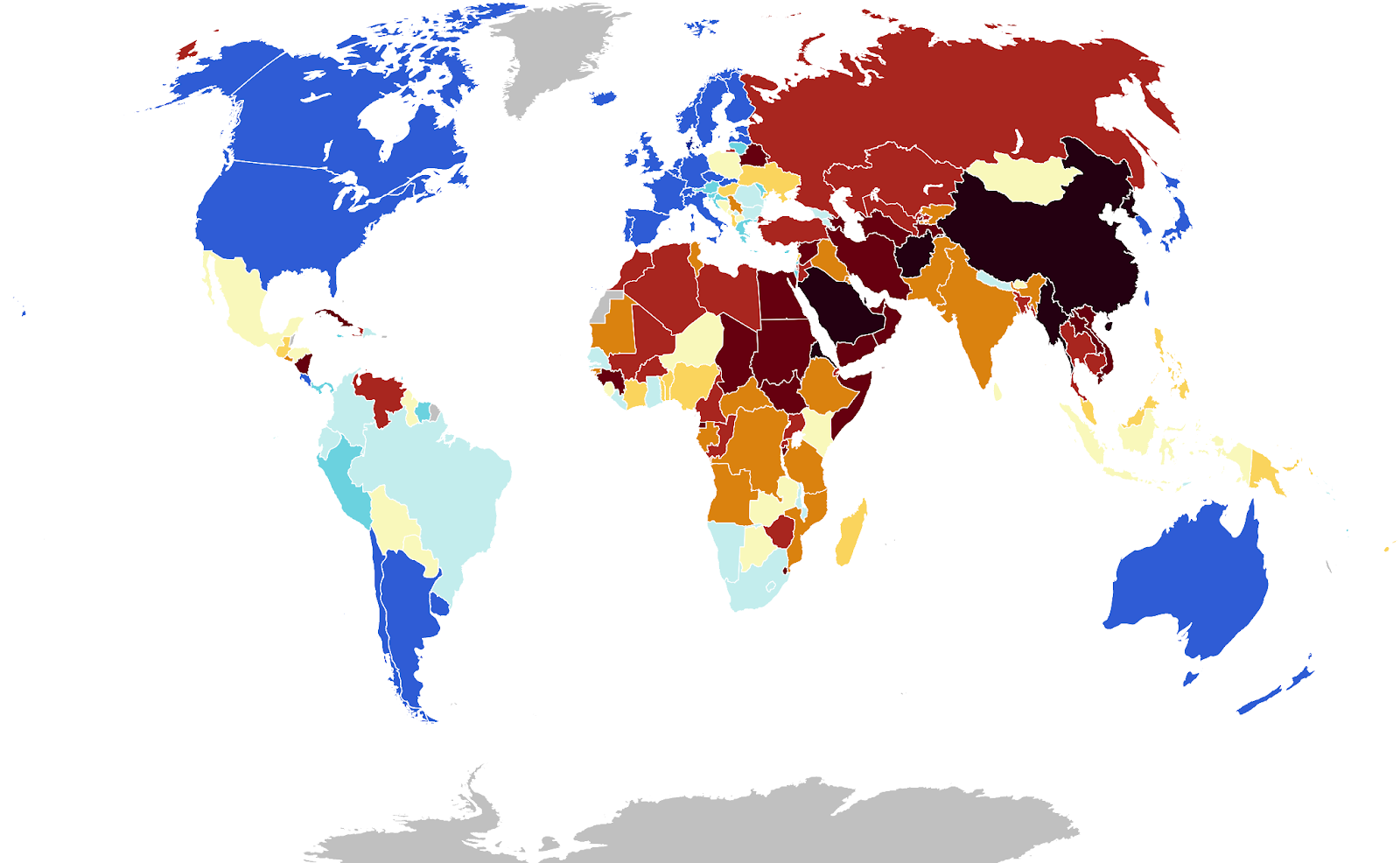11 Dead in Failed Coup Attempt in Guinea Bissau
President Emboló of Guinea Bissau conducted a press conference following the coup attempt. (Wikimedia)
Eleven people died after an armed gunman attacked the presidential palace of Guinea Bissau during a cabinet meeting in an apparent coup attempt on February 1st, 2020. None of the ranking members of the government were injured in the attempt and a number of the attackers were subsequently arrested. Following the attack, President Umaro Sissoco Emboló ordered a government investigation into the attempted coup. Both the Economic Community of West African States (ECOWAS) and the United Nations condemned the coup attempt and reiterated their support of President Emboló.
As the fighting subsisted, President Emboló made a statement to the local media calling it a “failed attack against democracy” claiming that “it wasn’t just a coup. It was an attempt to kill the president, the prime minister, and the entire cabinet.”
After the attack, an unknown number of people were arrested, three being former Navy Chief Admiral Jose Americo Bubo Na Tchuto and two of his aides. These men were arrested in 2013 in a sting operation by the Drug Enforcement Agency of the United States and went to prison for at least four years each, returning to Guinea-Bissau after their sentences had been served. President Emboló accused them of having current ties to drug smuggling, a major reason for the instability in Guinea-Bissau. The President has also accused individuals involved in the 2009 assassination of former President Joao Bernardo Vieira and Senegalese rebels from the Casamance region of Senegal of orchestrating the coup
As a middle man between the Latin-American drug cartels and European markets, Guinea-Bissau has become known as a “narco-state,” the first in the continent of Africa. President Emboló, elected president in 2019, ran on a platform of anti-corruption and fighting the illegal drug trade in an attempt to combat this country-wide issue. Since its independence, Guinea-Bissau has had 12 coup attempts and 4 successful coups amid widespread political instability. The transfer of power between President José Mario Vaz and current President Emboló in 2019 represented the first peaceful transition of power since Guinea-Bissau gained independence from Portugal in 1973.
During a coup as violent as what occurred in Guinea-Bissau, it is typical for countries to fall into violence and chaos, however, in Guinea-Bissau, the people went about their daily lives as if life was normal, according to an ECOWAS official that was in the city at the time.
This coup attempt comes after a string of coups along the Sahel region have ousted democratically elected leaders, preferring military dictatorships instead. Mali, Sudan, Guinea, Chad, and most recently Burkina Faso all had military coups within the last 18 months. Some have been calling it a backslide for democracy across the continent, so the failure of this coup in Guinea-Bissau could be interpreted as a victory for democracy.
At the end of his statement to the press President Emboló reassured the public that “Now, everything is under control.”




